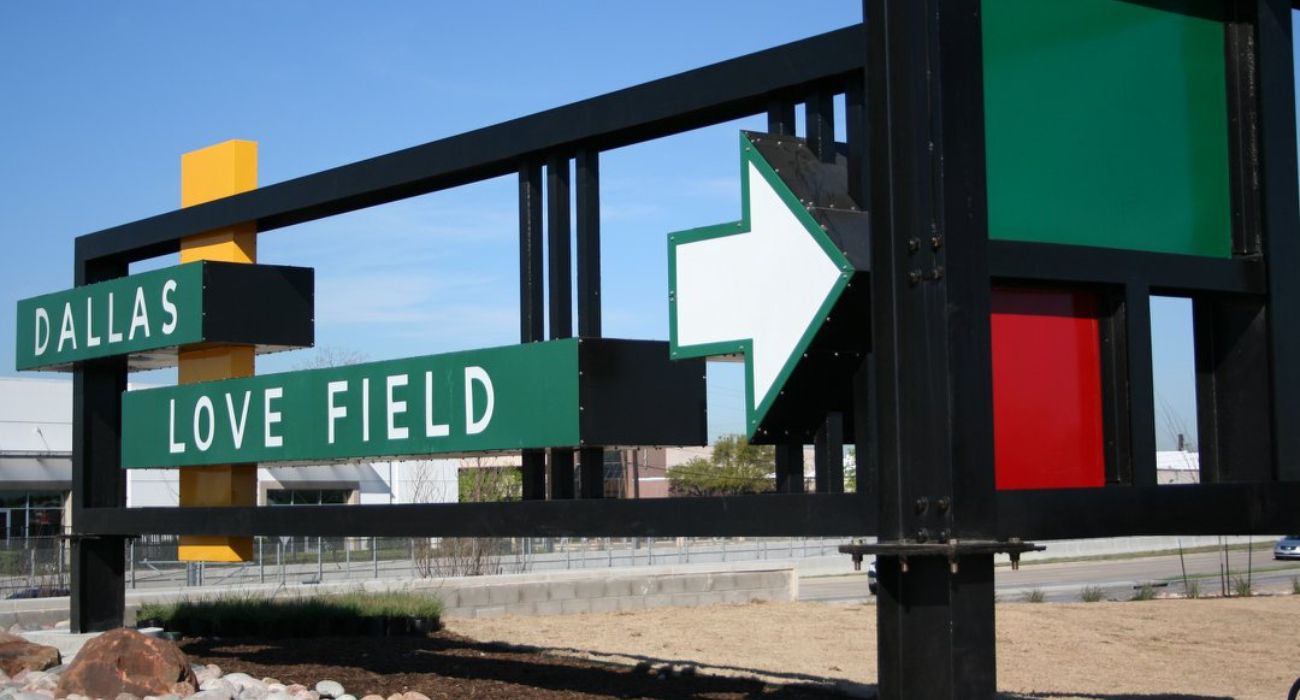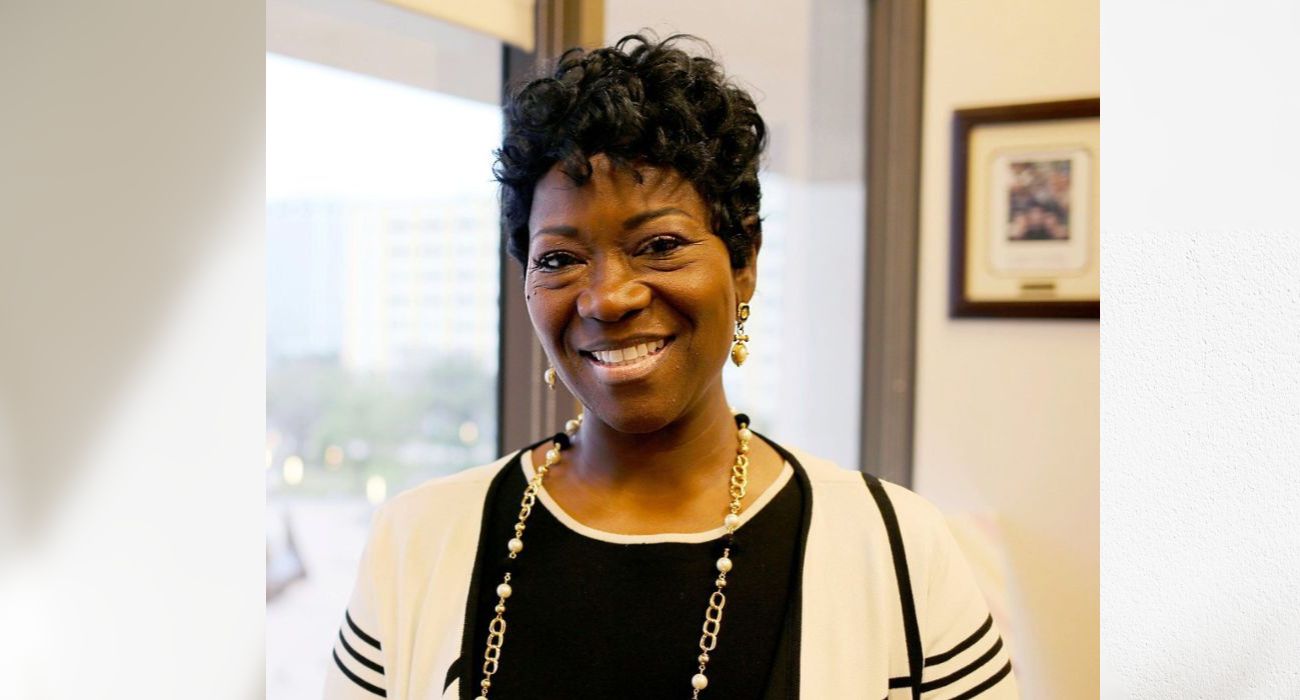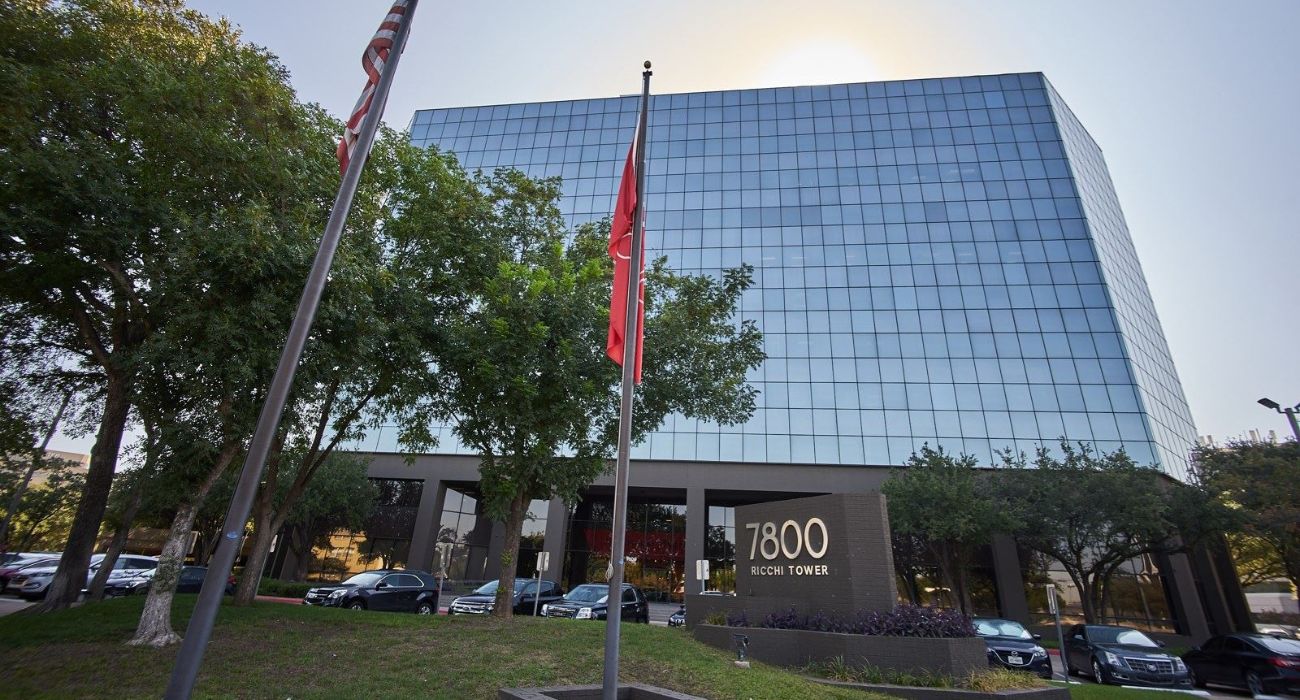City officials are working to address noise complaints from residents near the Dallas Love Field Airport.
As previously reported by The Dallas Express, the City promoted Patrick Carreno to director of the Department of Aviation three months ago. He said at the time that he would continue working with residents who live near the airport to address noise complaints and improve the Dallas Love Field Voluntary Noise Abatement Program.
On Wednesday, Carreno will update the Dallas City Council on the progress of the program, which was launched in 1981 as an avenue to take care of noise concerns.
A group of resident stakeholders have made a series of policy recommendations, most of which are supported by Aviation Department staff. One such recommendation is a “voluntary curfew” on scheduled commercial flights from 11 p.m. to 6 a.m.
Another recommendation is for Trinity Departure to be converted into an Area-Navigation (RNAV) departure by the Federal Aviation Administration (FAA). RNAV lets pilots to take any desired flight path within the coverage of navigation aids from the station or the plane itself, allowing for more direct routes.
Staff say they are currently in discussion with the FAA to determine how feasible this conversion would be.
Additionally, resident stakeholders say the City of Dallas should identify the most beneficial Noise Abatement Departure Profile, establish a city resource for a sound insulation program, and establish a departure procedure for runway 13L/31R (parallel to Lemmon Avenue) that is similar to the departure procedure for the Trinity Departure.
These three efforts would require three separate studies to be conducted first, which would total $145,000 in taxpayer costs.
Resident stakeholders did make another recommendation, however, that is not supported by Aviation Department staff: consideration of a Part 150 study. Part 150 is a chapter of federal regulation that pertains to airport noise compatibility with the public.
A Part 150 study is a voluntary study of airport noise and its impact on the surrounding community that can determine eligibility for federal funding of sound insulation for residents. A study at Dallas Love Field would cost an estimated $1,550,000.
Staff say it would take nearly 30 years for a Residential Sound Insulation Program (RSIP) to service the 5,759 potentially eligible homes. Furthermore, implementing the program would cost an estimated $369,000,000 at $64,000 per house.
Carreno’s full presentation, which will be delivered to the council on Wednesday, can be found here. Council members will have the opportunity to ask questions and give input on the future of the Voluntary Noise Program at the meeting.






